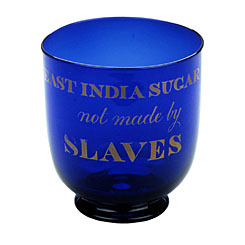 Although the word "boycott" did not come into existence until 1880, organized refusals to purchase goods, participate in activities, or deal with a person, group, or country as a form of protest are much older. One of the most inspiring to me was begun by Elizabeth Heyrick and Susannah Watts, Quaker women living in Leicester, England. Going door to door, they launched a national campaign to boycott goods made by slave labor, focusing on West Indian sugar. They compiled and publicized a national list of those who had pledged to stop using slave produced sugar. Grocers stopped selling it, and promoted East Indian sugar instead. At the height of the boycott, 400,000 people stopped using West Indian sugar. In the United States, a similar boycott led to "free produce" stores that sold only goods produced without slave labor. The boycott didn't destroy the West Indian sugar economy. It wasn't intended to. It was a way to bring the issue of slavery into people's homes, to literally place it on the table, and then offer them a specific action to take, a way to interrupt business as usual and declare their non-cooperation. Taking a moral stand against slavery, even symbolically, changed them, and it changed the conversation. It made the drinking of tea a political act. Either you spooned human suffering into your cup, or you refused to. 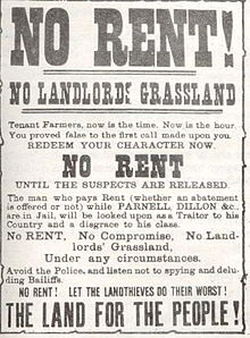 The Irish Land League was formed in County Mayo, Ireland in 1879, to fight unfair rents imposed by landlords on tenant farmers, and to enable them to own land of their own. The League fought evictions, organized rent strikes, and supported relief organizations to help tenant families survive. In 1880, a poor harvest led the tenants of Lord Erne to seek a 25% reduction in rents. Lord Erne refused, and his land agent, Charles Boycott, tried to evict eleven tenants from the estate. The Land League organized a campaign to shun Boycott. No one would work in his fields or his house. Local businesses refused to sell to him. The post office stopped delivering his mail. He was unable to hire anyone to harvest the crops on the lands he managed. When fifty scabs were hired from outside the region, Boycott brought in a thousand policemen and soldiers to protect them, which cost him more than the value of the harvest. By the end of that year, "boycott" had become a verb in the pages of the international press. Land League tactics like these eventually led to the Land Purchase Act of 1903, which provided long term loans for Irish tenant farmers to buy the land they worked. 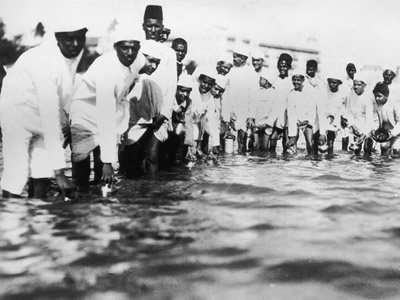 Indian nationalists break salt laws by filling containers with sea water in Bombay, India Hulton Archive/Getty Images Indian nationalists break salt laws by filling containers with sea water in Bombay, India Hulton Archive/Getty Images Sixteen years later, Mohandas Gandhi led a boycott of British cloth as part of the struggle to end colonial rule and gain independence for India. In 1930, by declaring his intention to boil mud and seawater, and make illegal salt, he launch the Salt March, during which many thousands of others made their own salt in protest against the British salt tax, a symbol of imperial rule. It was a massive act of economic non-cooperation. Between 60,000 and 100, 000 were arrested in protests across India. By spring of 1931, Gandhi, who had been among them, was released from prison and invited to attend talks in London on the possibility of Indian independence. 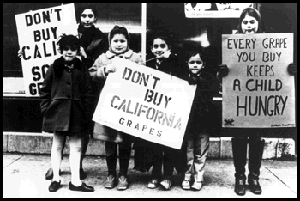 Boycotts work. They expose the lie that there is such a thing as neutrality in the face of injustice. By presenting an alternative to passive collaboration, they create ethical challenges for those who benefit from or tolerate oppression. Once an alternative is named, people know they are choosing. Boycotts offer organized, collective, symbolic actions that large numbers of people can independently participate in, and, by making a relatively small sacrifice, (sugar, cotton, grapes,) become part of something courageous and right. It's a brilliant harnessing of individual conscience to the collective good. Boycotts interrupt business as usual, shatter complacency and change the story, so that ordinary, everyday injustice is no longer ordinary, and becomes increasingly intolerable. Divestment is another form of boycott. Instead of withdrawing consumer spending, it withdraws capital, but towards the same ends: active non-cooperation with injustice. This month, the boycott of Indiana has been all over the news. Individuals, organizations, corporations, and state and city governments withdrew economic resources from the state of Indiana in response to a law promoting discrimination again LGBTQ people as an expression of religious freedom. And Syracuse University has divested its holdings in fossil fuels, in an act of non-cooperation with the destruction of our biosphere by big oil.  In 2005, 171 organizations from Palestinian civil society issued a call to the international community to use boycott, divestment and sanctions as a non-violent exertion of moral pressure on the Israeli government to end the occupation and colonization of Palestinian lands, establish full equality for Palestinian Arab citizens of Israel and honor the right of return for Palestinian exiles. There is a tremendous amount of confusion and misinformation about what the BDS call does and does not include. There is also a tremendous amount of emotion. There are some Jews who believe that Israel guarantees their safety by maintaining a militarized state, and treating the Palestinian people as they do. For them, BDS is an assault on their survival. In reality, Israeli colonial violence, with its endless attempts to crush every aspect of Palestinian sovereignty, culture, life, makes the world more dangerous for Jews, not less. There are people who believe that BDS calls for isolating individual Israeli artists and intellectuals, that the academic and cultural portions of the boycott demand an end to collaborations with colleagues, or the publication, exhibition or performance of their work. BDS calls for the boycott of Israeli institutions that support the oppression of Palestinians. This includes universities that conduct research for the military or other agents of social control, and generate theories to justify and normalize racist policies against Palestinians. It includes state funded arts organizations whose work upholds, whitewashes, celebrates a state built on profoundly racist ideas. It does not boycott individuals except when they act as representatives of the state or semi-official organizations that promote the state. 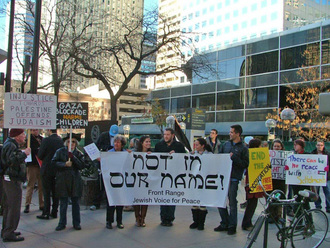 Last month, Jewish Voice for Peace, of which I am a proud member, decided to fully support BDS. You can read our statement for our full position. The intent of BDS is not to create suffering for Israeli Jews, or ignite the traumatic fears of Jews in or outside of Israel. The intent of its Palestinian creators is to end a massive injustice of ever escalating violence, and I wholeheartedly support that goal. But for me, the goal is also to offer my own people the same opportunity Elizabeth Heyrick and Susannah Watts offered theirs: to take a moral stand against injustice and become part of something courageous and right. The English people who stopped using West Indian sugar were not survivors of an attempted genocide. They didn't for a moment think the choice would put their lives at risk. Our history complicates the emotional reactions of many Jews to BDS, especially those who believe a well armed nation-state is the only guarantor of Jewish survival. (Witness the Jew who emailed me side by side photos of Jewish BDS supporters, and Nazis boycotting Jewish stores.) But like the French and Danish Jews who refused Netanyahu's invitation to move to Israel, I put my faith in solidarity instead, in the difficult joys of alliance, where no one's safety is sacrificed for anyone else's, and because of that, BDS is my road of hope, a path to the only genuine security there is. 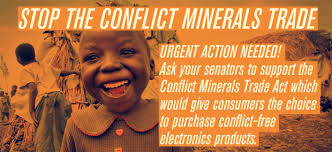 Of course many countries are built on racist ideas, and some critics see the BDS movement as anti-Semitic on those grounds, asking why Israel is being singled out for boycott among the oppressive nations of the earth. My answer is, because the Palestinian people have organized, created a clearly defined campaign with concrete, measurable goals and have asked the international community to support it. Boycott isn't the right tool for every situation. It isn't practical to ask the consumers of the world to boycott communications devices that use the metal coltan, although the violence surrounding its production in the Congo is massive and horrific. That struggle needs different tools. But BDS calls for bearable sacrifices with high leverage, particularly as more U.S. Jews come to see ending the injustices as essential for the survival of Jews as well as for Palestinians.
1 Comment
4/13/2015 12:18:35 pm
Excellent summary of important boycotts in history, why they were legitimate, and why they worked. Places BDS in its proper context.
Reply
Your comment will be posted after it is approved.
Leave a Reply. |
About Aurora
Aurora Levins Morales is a disabled and chronically ill, community supported writer, historian, artist and activist. It takes a village to keep her blogs coming. To become part of the village it takes, donate here. Never miss a post!
Click below to add this blog to your favorite RSS reader: Archives
September 2017
Categories
All
|
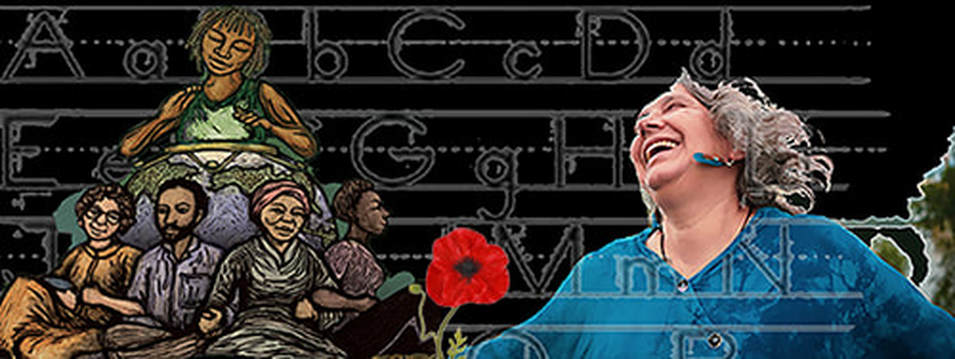
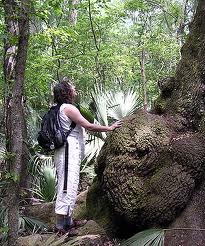
 RSS Feed
RSS Feed
